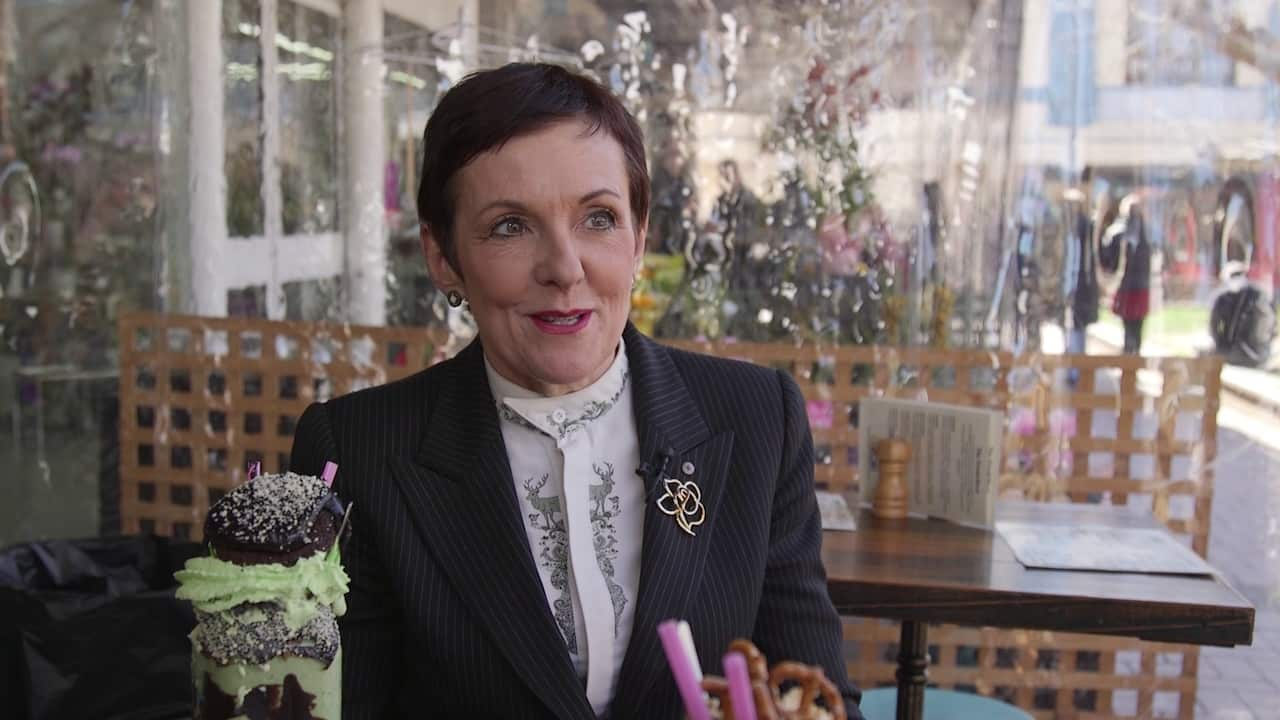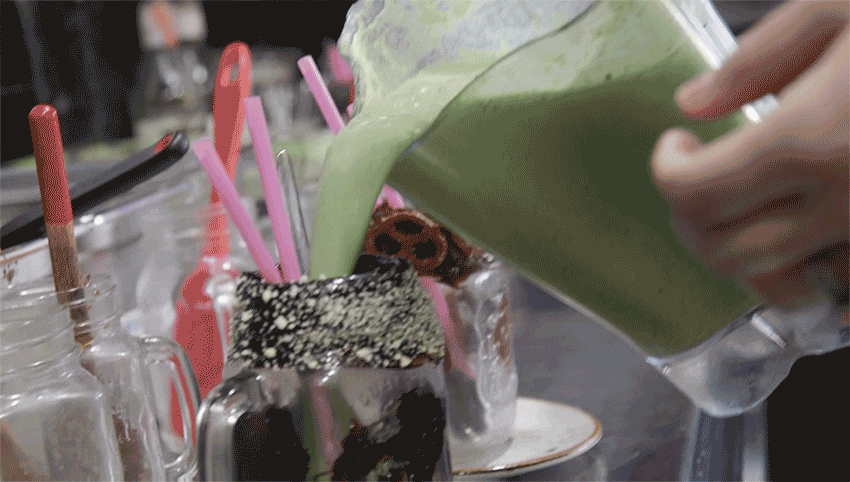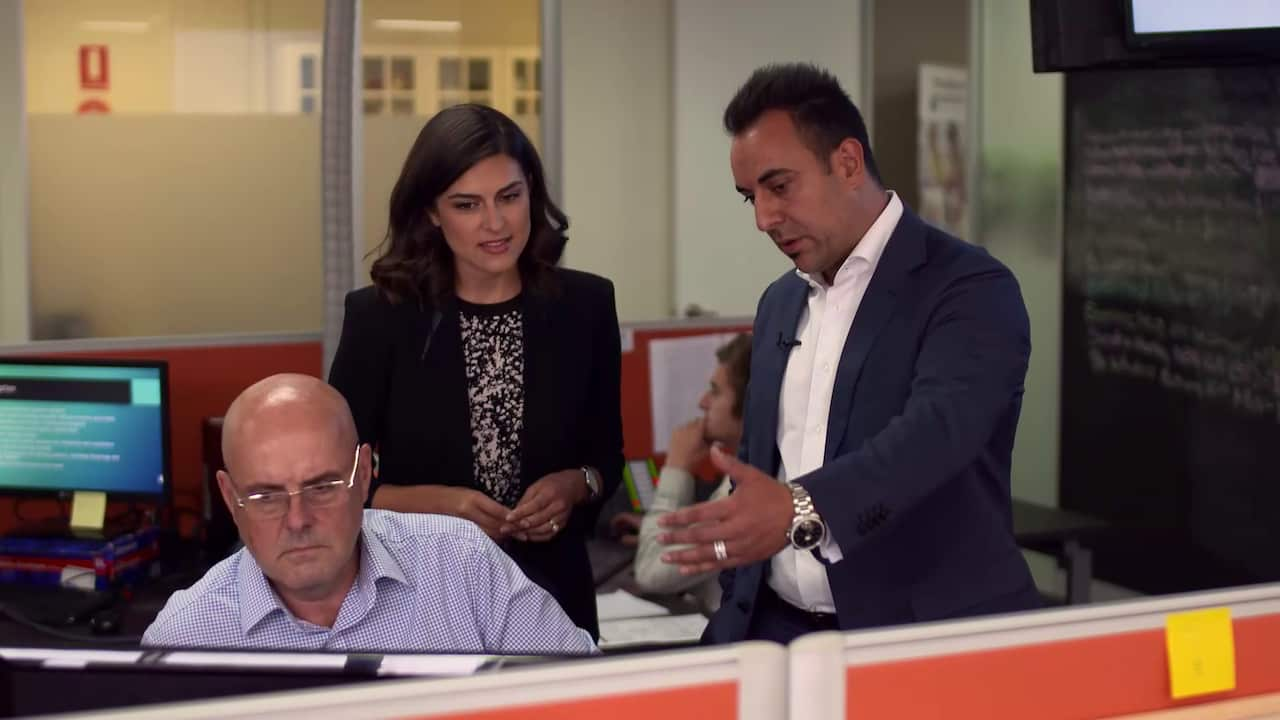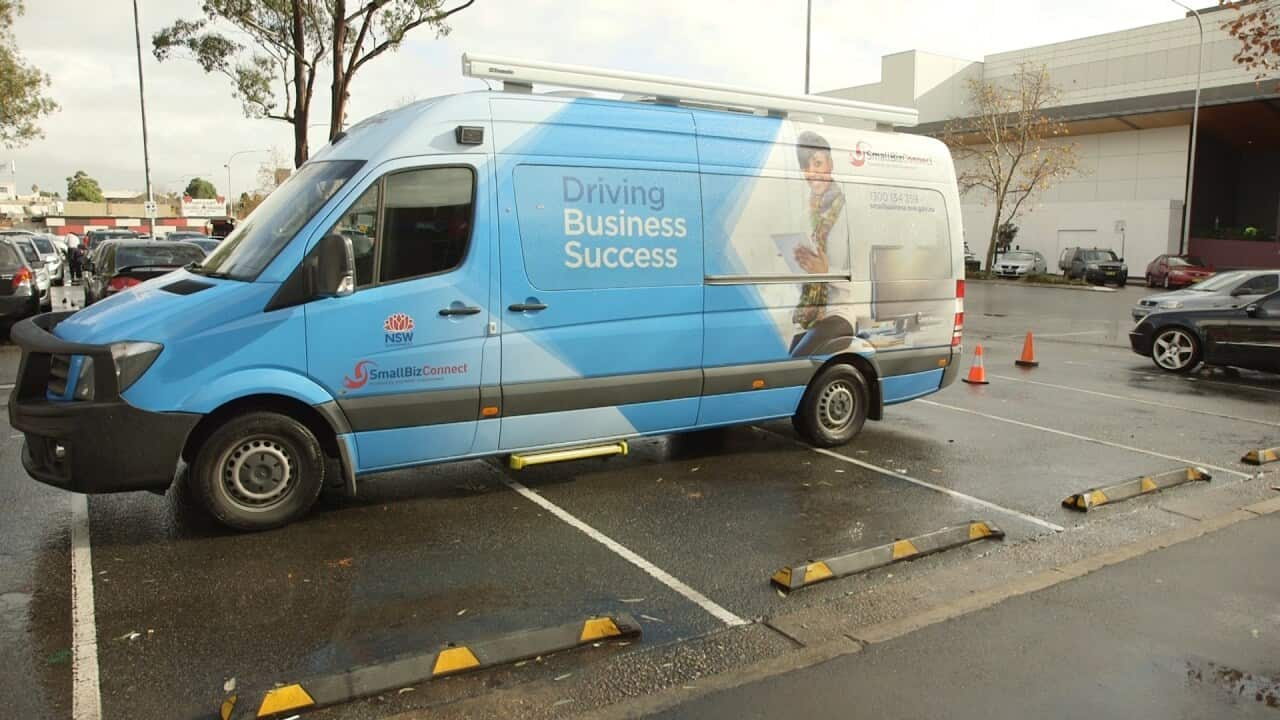Earlier this year, Kate Carnell was appointed the Australian Small Business and Family Enterprise Ombudsman. Carnell channels her previous experience as former ACT Chief Minister and small business operator into her new role.
The Small Business Ombudsman is a new role, replacing the Australian Small Business Commissioner. However, according to Carnell, there's more to her role than its predecessor.
"There's two parts of our business; one is advocacy, and that's ensuring government acts in a small business-friendly way. We can do inquiries, we can do research where there are issues that small business bring to us that need a bit more work done on them. And then we have a complaints part, where small business really has a problem with a bigger business, with a part of government, the ATO, etc," she says. "Our job is to keep small businesses out of court. Court systems are expensive, they take a long time, this means that small businesses are literally chewed up and spat out - they simply can't afford it."
"Our job is to keep small businesses out of court. Court systems are expensive, they take a long time, this means that small businesses are literally chewed up and spat out - they simply can't afford it."

Kate Carnell's new role is about advocacy for small business. Source: Supplied
She hopes that with overall support in Parliament, she's able to effectively exert her role. However, unlike other agendas, small business support is easy to come by, regardless of party.
"Everyone [in Parliament] has got solid small business policies - they support changes to competition...they support moving the tax breaks up to $10 million turnover and increasing instant asset write-downs."
"Prime Minister's focus on innovation is really important because that's what small businesses are about. It's not about being the same as everybody else, it's about a point of difference, something you can grow with, something you can expand - not just in Australia, but nationally."

Patissez in Canberra found their innovative 'point of difference' with FreakShakes (elaborately decorated milkshakes). Source: Supplied
What are small businesses challenges?
According to research done by the Australian Chamber of Commerce, here's what Carnell finds are the main challenges small businesses face:
Cashflow: Payment time is a huge issue that small businesses face, especially if they're dealing with big corporations. Big businesses are notorious for holding up small business cashflow.
Red tape: "Research done by the ACCI showed that 25% of businesses suggested that it was taking them 11 hours a week."
For business operators coming from non-English speaking backgrounds, the difficulties of dealing with compliance and regulation are exponentially higher.
With "80% of refugees who come to Australia end up with their own small businesses", this can act as a deterrent for people who want to become a small business owner. Seeking help early is the key step to sustaining a small business.
Seeking help early is the key step to sustaining a small business.

According to Kate Carnell, 80% of refugees who come to Australia end up owning a small business within 10 years. Source: Supplied
"What we urge small businesses to do is come to us early. It's always difficult unscrambling the egg," Carnell says.
"We need more jobs, more growth, and of course small businesses can produce that."
Want to find out the secret to small business success? Tune into #BizSecretsSBS at Sundays 5pm on SBS, stream on SBS Demand, or follow us on Facebook, Twitter or Instagram.



